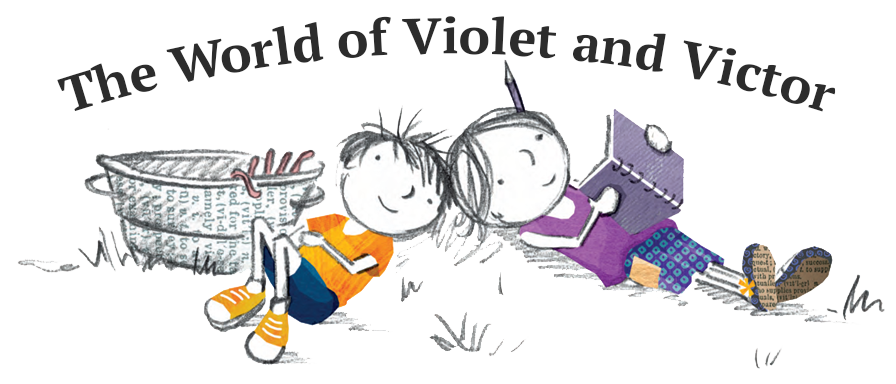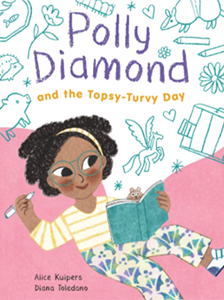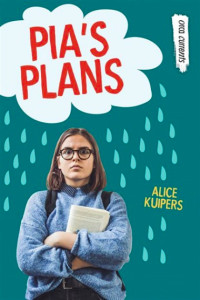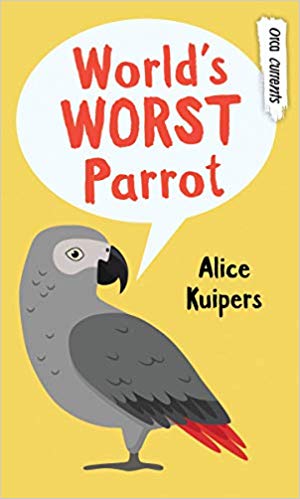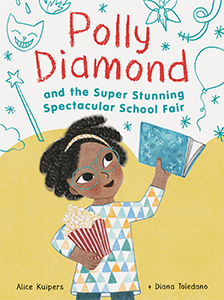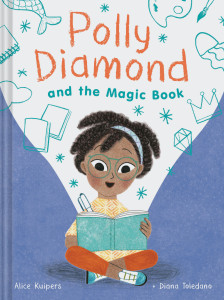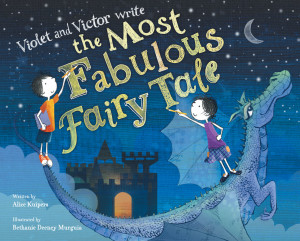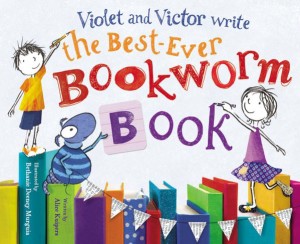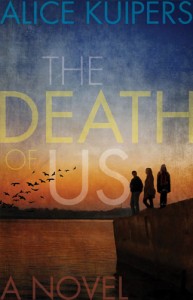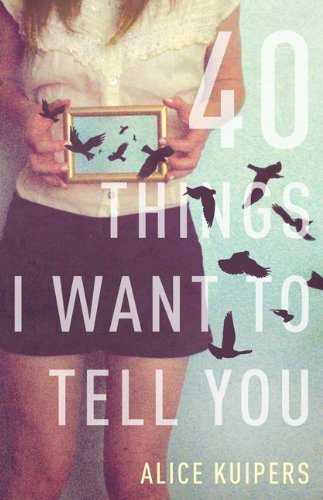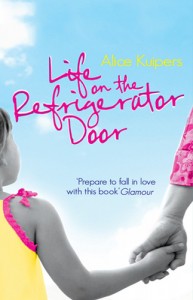Workshop Twenty-Five
This is the last workshop of this twenty-five workshop series.
Writing is an isolated job. You sit and stare at a computer screen or sheet of paper with only your characters as company. I say only, yet I find hanging out with my characters thrilling. I never feel lonely or bored. But sometimes I need to check in with other people (real people, I mean) and see if what I’m doing is working as well as I hope.
It may surprise you to know that before I send work to my editors, I get feedback from a close group of readers. My dad is normally the first one, sometimes my mum. Then I turn to three good writer friends. Based on what they say, I rewrite a draft. Then I go for more feedback. This time I send the project to a friend who is a teacher and also to a teenager who I trust. Then I send it to my sister. In a later draft (I redraft carefully before using all my readers up), I get my boyfriend to give me a read. Some of my readers just say nice things – every writer needs those people. Some are very good at spotting all the parts that need work (uh, my boyfriend!). Every writer needs those people too, readers who say it just as it is, yet who leave you feeling like there are things you can do to make the writing better. Some of my readers give careful, considerate edits written on the page, either line edits or structural comments. All of them bring something to the table.
Wattpad gives all of you the opportunity to share your work with readers regularly. This opportunity is new to emerging writers, and it’s exciting. But it can also be daunting and even off putting if you don’t learn how to use it well.
So, here are my tips for dealing with feedback from readers so you can make your work the best it can be.
- Before you ask for feedback, read through your work. There’s no point getting feedback on something you already know how to improve. If you can see something that needs fixing, then fix it first. It’s the things you can’t see that you want your readers to help you spot.
- Choose which readers to listen to. Sometimes readers have good intentions but the feedback they give is unclear or hard to implement. If they say, “This is really good/bad/boring/interesting it’s impossible for you to do anything with that. Those readers mean to be helpful, but it’s okay just to smile politely and move on to someone more constructive.
- Be wary of feedback that is so critical it makes you feel like giving up. If getting feedback is making you feel like your writing is worthless, pull back until you find your creative spark. One super negative comment can leave you reeling, trust me, I know. But it mustn’t derail you. That reader isn’t necessarily right.
- If there’s something you want to know about the writing, ask the reader. Ask clear questions, like, “What was this story about for you?” or ‘When did you realize so and so is evil?” Listen carefully to the answers: they may surprise you.
- Notice that some readers hone in on line edits whereas others are good at giving big picture ideas. You need both types of reader to get your work to the next level.
This week’s writing prompt:
This week, write up to 650 words of anything you like. Enjoy the words on the page and have fun!

